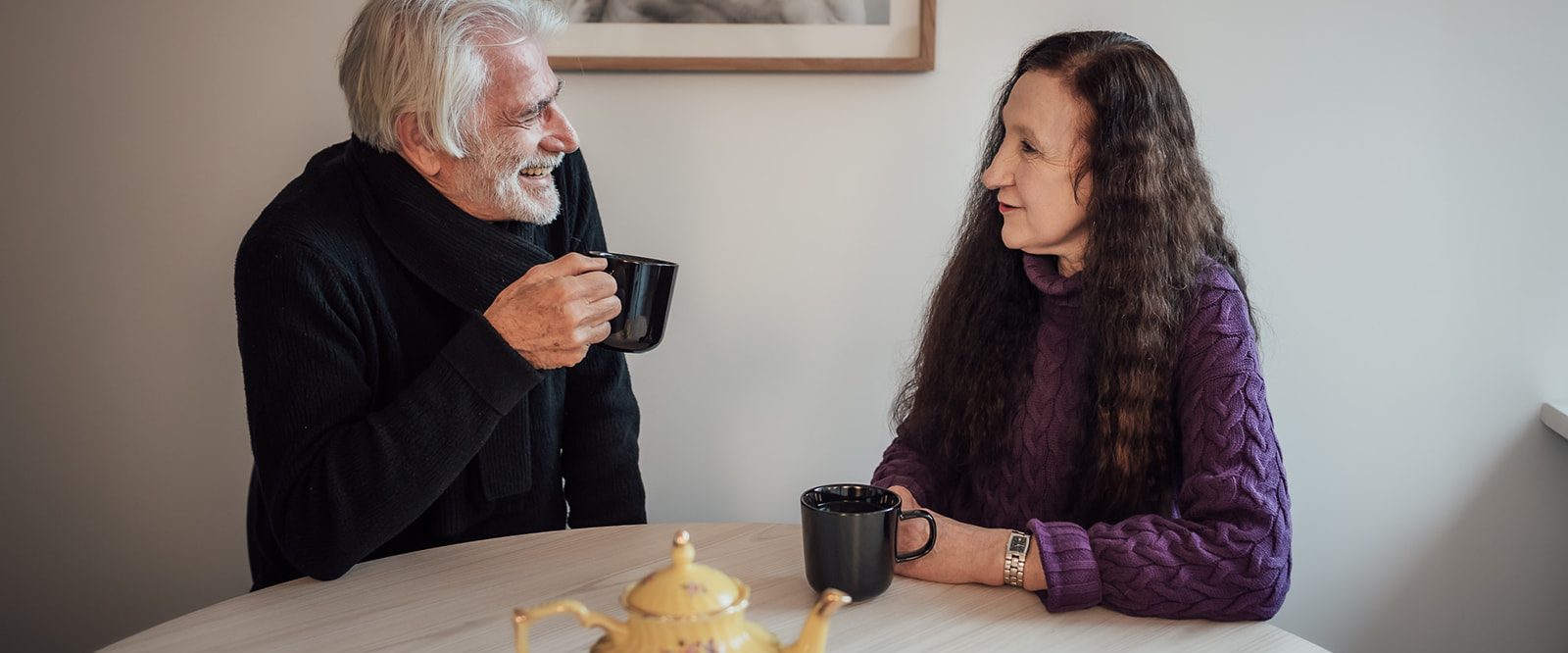
At SAMSN we are committed to supporting people to live fulfilling, caring, connected, healthy, purposeful, active lives. This section of the website focuses on activities that improve physical, mental and relational health, increase knowledge and skills, build resilience and enhance overall wellbeing.
The focus on wellbeing recognises that strengthening our foundations, broadening our support base and enhancing our resources, skills and knowledge, means we are less likely to be knocked off course and better able to respond when we are confronted with difficulties (including those related to abuse).
Engagement in activities that enhance our wellbeing can be valuable first steps towards reducing the influence of sexual abuse in the lives of survivors and supporters.
These are beneficial steps that do not require a person to publicly identify or talk about experiences of child sexual abuse in order to start working on improving their lives.
There is a growing emphasis in research and practice on enhancing wellbeing. It is now recognised that encouraging a range of activities that support and enhance wellbeing helps everyone (including survivors of abuse) to prevent, reduce and manage mental health and difficulties, and to live richer and more fulfilling lives.
Wellbeing is enhanced through routinely engaging in five identified domains of activity. Our wellbeing is strengthened and enhanced by:
Building upon the above list, SAMSN has created a collection of resources that assist in enhancing wellbeing and acknowledge challenges that survivors and supporters can face, including:
Grounding and breathing exercises
Unhelpful thinking patterns and basic problem solving
Trauma informed Yoga, Tai Chi and Qigong
Please note, the information contained on this page is general in content and is not a substitute for professional advice. We encourage you to prioritise your safety and wellbeing at all times and to consider speaking with a qualified health care professional.
If you are experiencing a crisis or are concerned about your personal safety or the safety of another person call Emergency Services – 000 or Lifeline – 13 11 14.
McMackin R. A., Newman E., Fogler J. M., & Keane T. M. (2012) Trauma therapy in context: The science and craft of evidence based practice. American Psychological Association.
There are also a number of other websites and resources that focus on wellbeing that are worth checking out, including:
What can we do to improve our wellbeing
In highlighting the value of investing in activities that strengthen our foundations and enhance overall wellbeing, we recognise that survivors and supporters also benefit from access to information and resources that address specific challenges associated with experiences of child sexual abuse. We encourage you to check out the following pages:
Survivors Information and Resources
Supporters Information and Resources